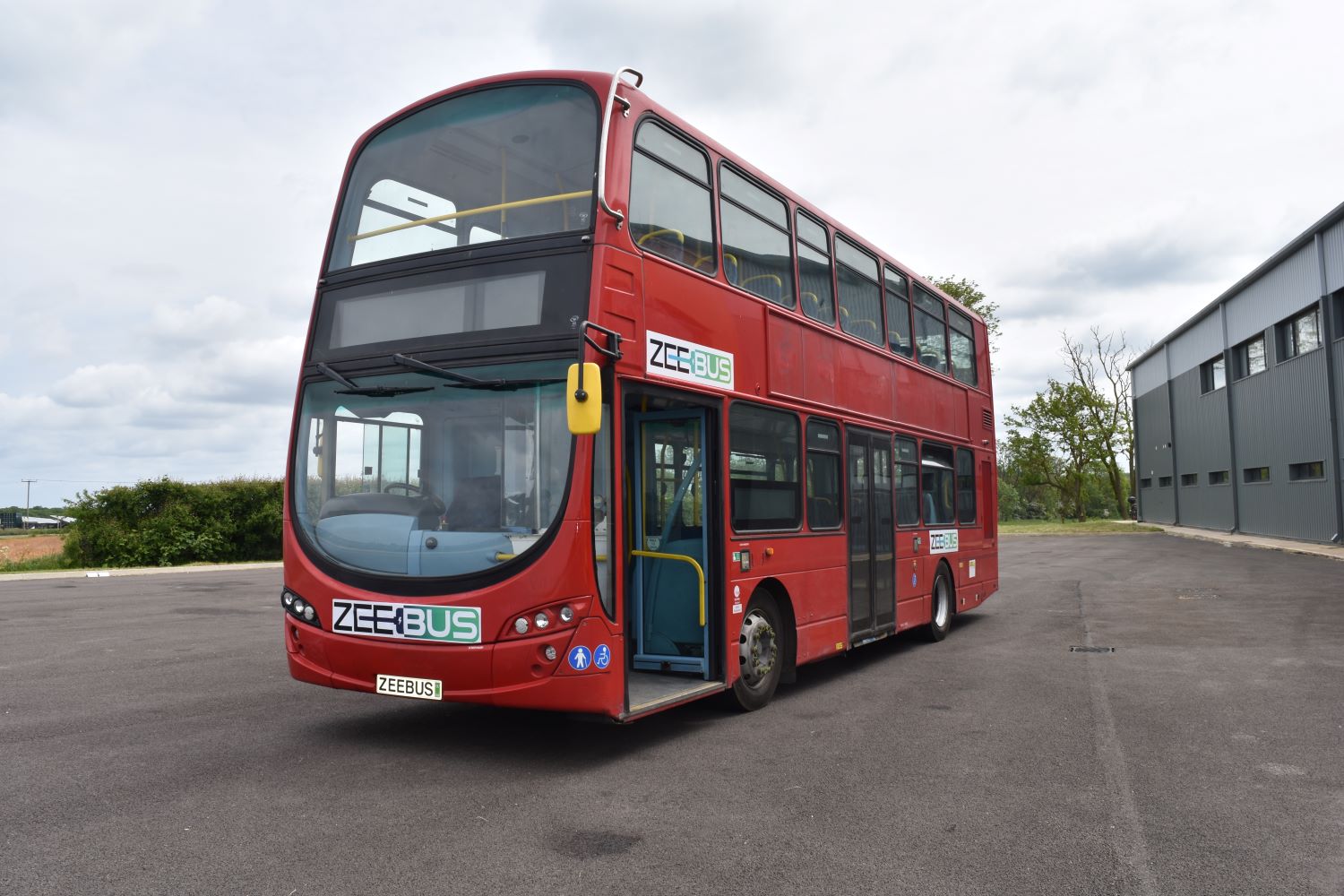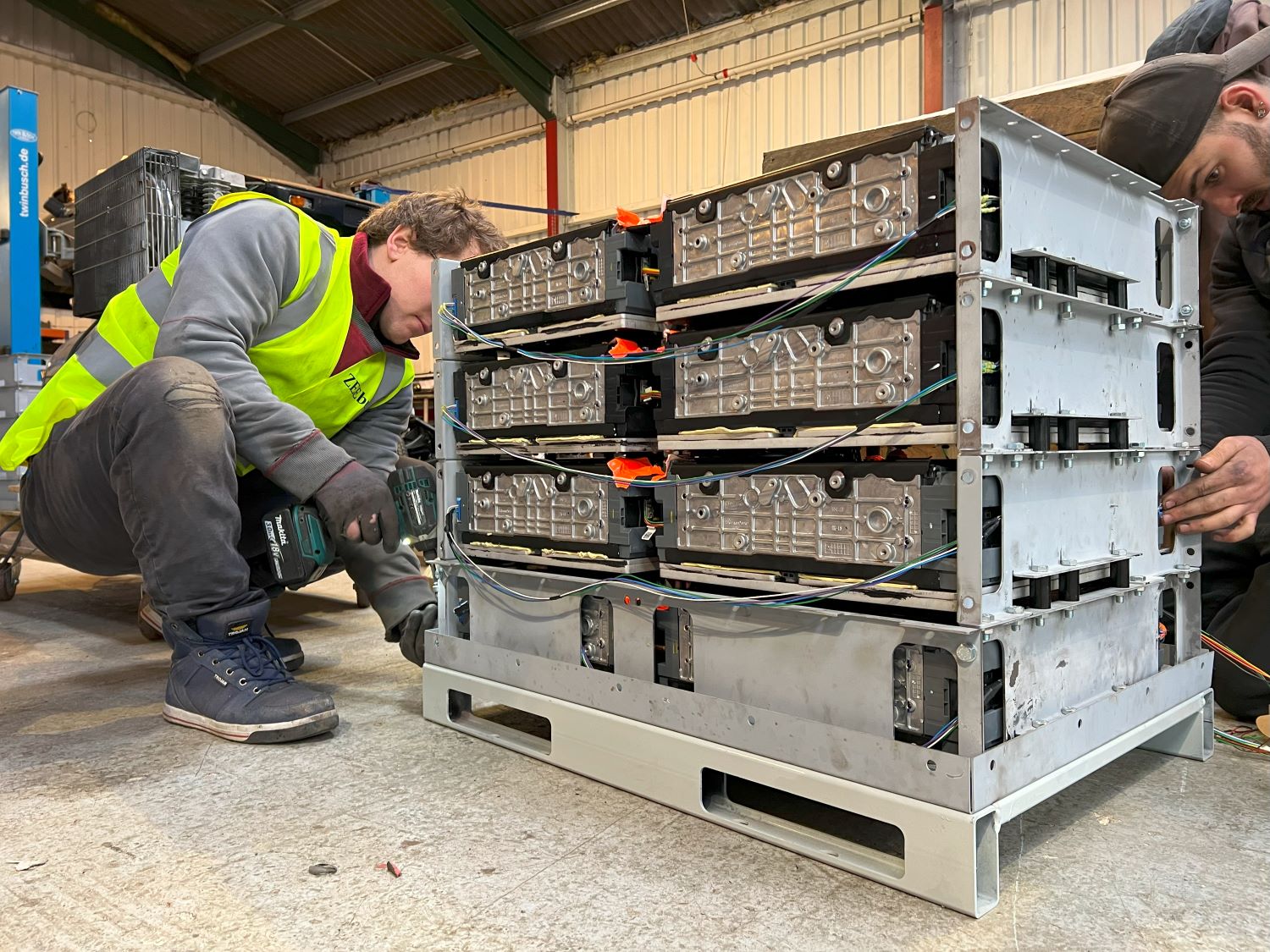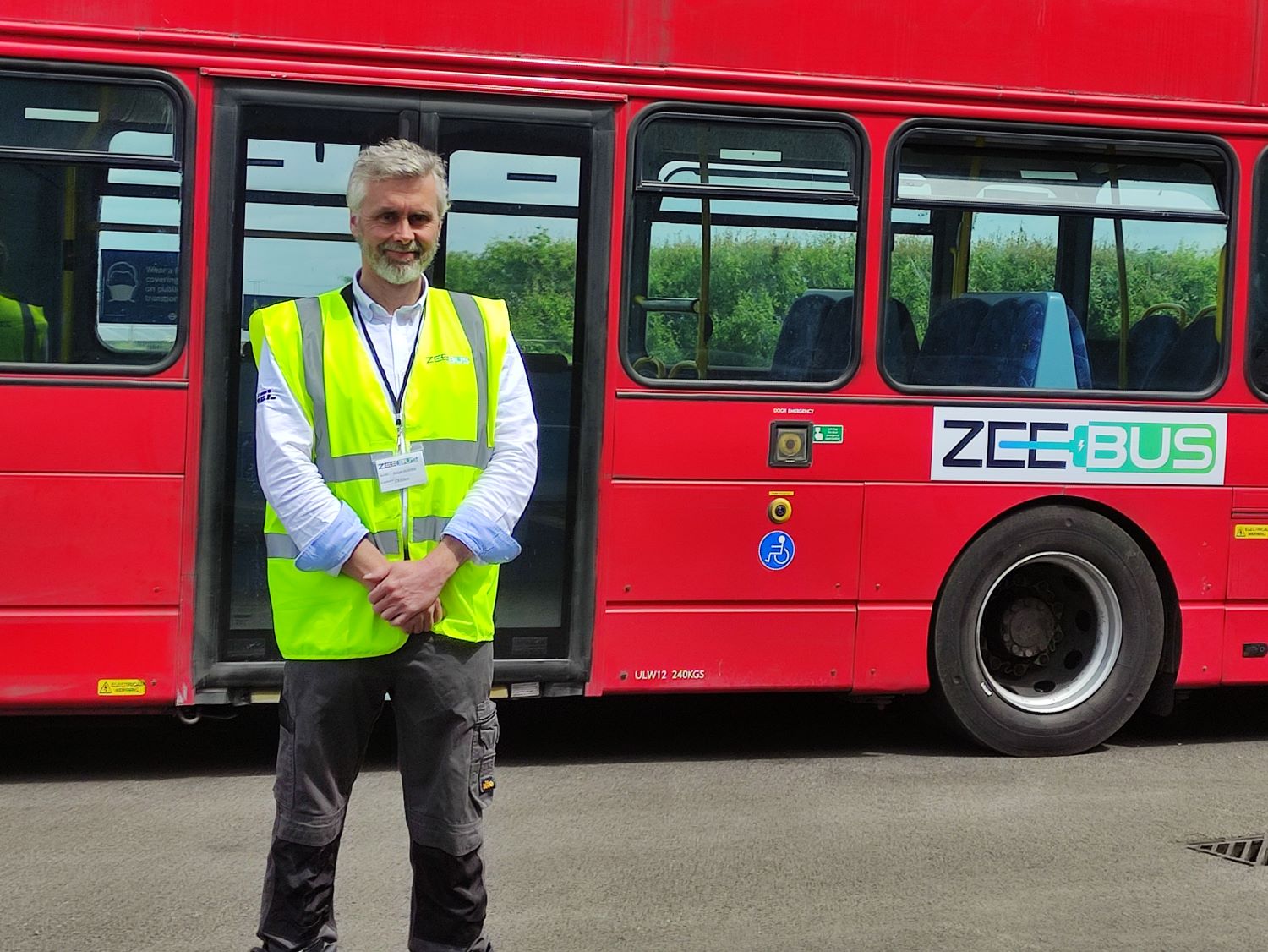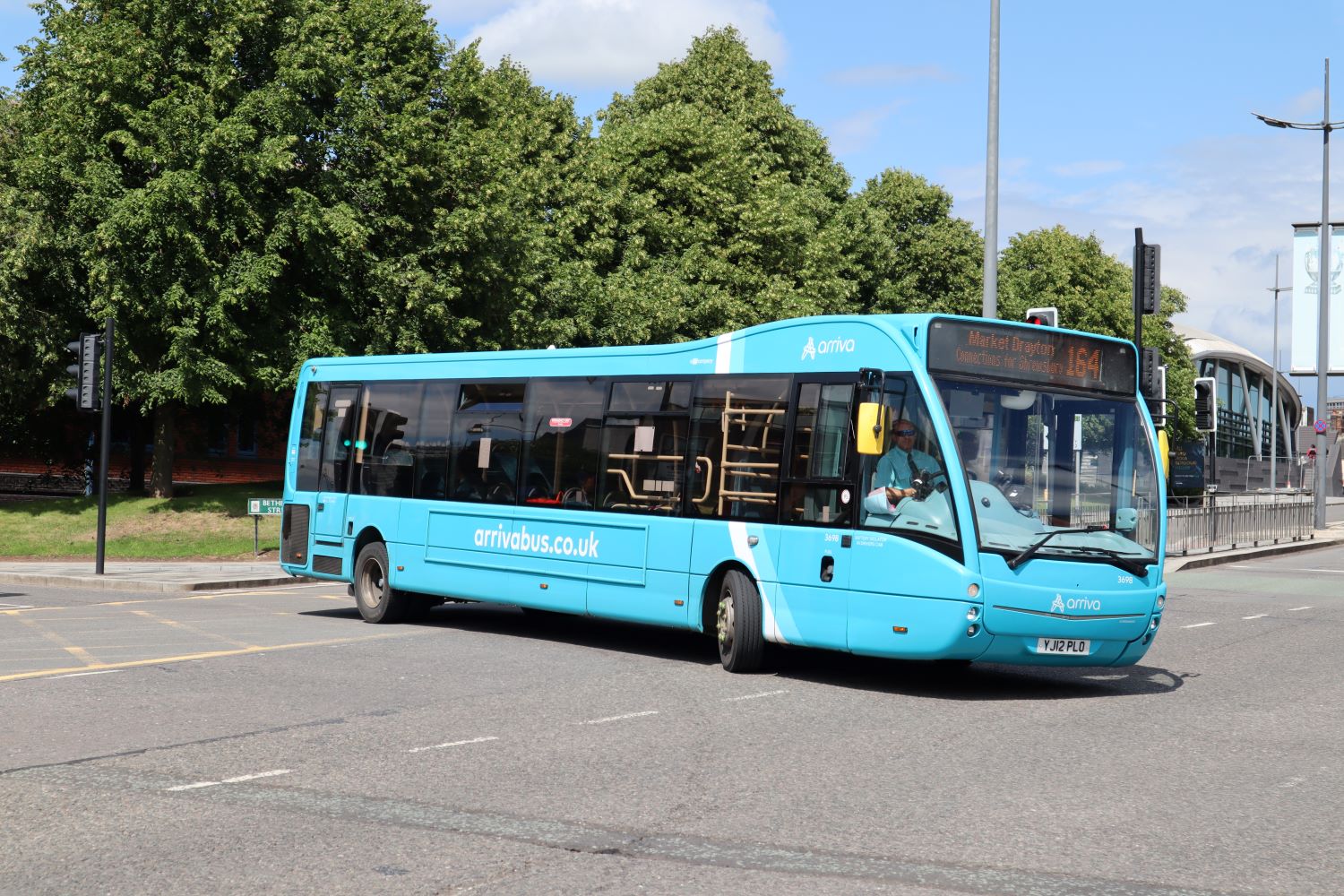Retrofitting diesel vehicles could supplement the manufacture of new electrics in the quest for decarbonisation, believes start-up ZEEbus
The UK bus sector’s journey towards zero-emissions appears on the face of it to be motoring. According to Chatrou CME Solutions data published in March, the country led the EU27 (the EU plus UK, Iceland, Norway and Switzerland) in terms of new registrations of battery-electric buses.
However, the total of 685 electric registrations last year is put into perspective by the overall tally of around 40,000 existing buses and the government’s plan to end the sale of all new non-zero-emission buses by 2032 at the latest.
A Transport Committee report published in March this year said more urgency was needed by government in relation to the zero-emission target. It highlighted that only 4% of Britain’s bus fleet as of April 2022 ran on either electric or hydrogen.
Although production of new electric vehicles is being ramped up all the time, it could be that diesel-to-electric retrofits will need to play a significant role when it comes to the decarbonisation targets of not only the government but individual operators.
A number of companies specialise in taking mid-life diesel coaches and buses and converting them to run on battery-electric or hydrogen. Norfolk-based Equipmake is one of them, repowering 12 First York buses that are being put into service. Meanwhile, Kleanbus in Scarborough has produced a prototype.

New to the scene
ZEEbus is a new rival to these and routeone was invited along to its launch in May in which its preproduction “proof of concept” vehicle, a former Transport for London Volvo B5LH, was demonstrated to representatives from several operators at an airfield.
Although ZEEbus was set up as recently as last year, its management team has a wealth of experience. Chief Executive Officer Ralph Hosier has behind him 30 years of research and development in the car industry, with particular interests in prototypes and electrification.
A chartered engineer and motoring writer, in recent years his business Motor Skills has offered electric vehicle engineering training to bus fleet operators. Chief Technical Officer Gordon Mockett brings to the table a vast knowledge of the bus sector, including experience of repowering conversions.
Ralph, who has appeared on TV shows such as Supercar Megabuild and Scrapyard Supercar, has much respect for the companies already offering retrofits. However, he adds: “Our approach is slightly different. We take well known chunks like the motor and battery-management system and integrate our unique pieces of engineering.
“We use well known suppliers for the battery modules and then house them in our own packs, which we get homologated. That means we can apply these technologies to any shape of vehicle.”
Gordon agrees there is plenty of room in an expanding market. “The demands of pursuing the government objectives and for new vehicles could be quite significant, so when it comes to recycling a bus that’s still got a useful life in it, although it’s a diesel or a hybrid, there’s a market and there’s room for one, two or even three providers to pursue it.”
ZEEbus says that, eventually, once a prototype for a particular model of vehicle is completed, a conversion could take around two weeks and cost about half the amount of a new equivalent.
The business, which has what it calls one of the UK’s leading battery systems experts in Nigel Taylor, will offer various battery options according to requirements. Ralph adds that the company could potentially revamp battery installations in vehicles it has refitted to either cater for changed service commitments or to replace old, underperforming cells.
The current demonstration vehicle has a Voith Electrical Drive System, but ZEEbus says it could instead be built on the ZF CeTrax electric central drive unit.
Sustainability should be a factor when considering retrofitting, Ralph believes. “There’s 12 tonnes of bus here and we’re changing two tonnes of it, so the rest of that is kept and we’re making much better use of stuff we’ve already got. I think, from a sustainability point of view, there’s a very good argument for it.”
The case for government funding
That’s partly the reason some believe that, against a backdrop of large government funding for new buses via Zero Emission Bus Regional Areas (ZEBRA), some revenue should be made available for retrofitting.
The second round of the Scottish Zero Emission Bus challenge fund, Scotland’s equivalent of ZEBRA, will offer grants to successful bidders of up to £50,000 towards repowers, but no equivalent funding is available in England or Wales.
Ralph argues: “If all the bus companies decided they were going to throw away our existing buses and buy new electric ones, there wouldn’t be enough manufacturing capability to produce that many electric buses.
“I think the funding for new electric is really important, but I think there is also an important area of funding required for retrofitting because of that sustainability angle.”
Gordon adds: “Retrofits will certainly help the government meet that target — whether they provide infrastructure to charge up all vehicles on that timescale, a lot of people have their doubts.”

Next steps for ZEEbus
ZEEbus’s next goal is to move on from the proof-of-concept model to produce a prototype based on a different vehicle and then, from around October, work with a potential customer to have it tested on-route. With a current engineering staff of 11, the business will be looking to scale up and ramp up production from early next year.
It is open to the idea of repowering coaches, with Ralph adding they could in some ways prove easier than buses. He feels that hydrogen fuel cell would probably be preferable for coaches and ZEEbus is able to offer that.
The likes of ZEEbus will have obstacles to overcome to persuade operators and local authorities to choose the repower option. One operator told routeone it did not consider retrofitting to be value for money.
However, the market exists with operators that can be convinced. Kleanbus recommends vehicles aged 5-10 years are suitable for retrofits. Between 2008 and 2013, Transport for London decommissioned ,vehicles of this age. This represents 14% of the size of its current fleet and weighs against the approximately 1,900 new buses since put into service.
“Clearly it’s a viable thing,” says Ralph. “Now we’re just trying to work out how we can make it work commercially for all the operators.”



























